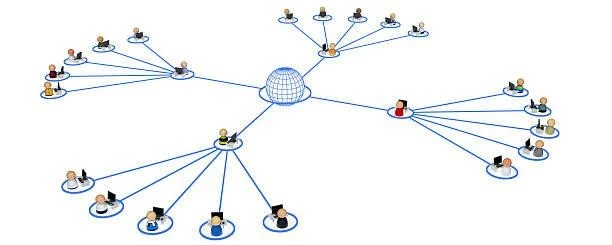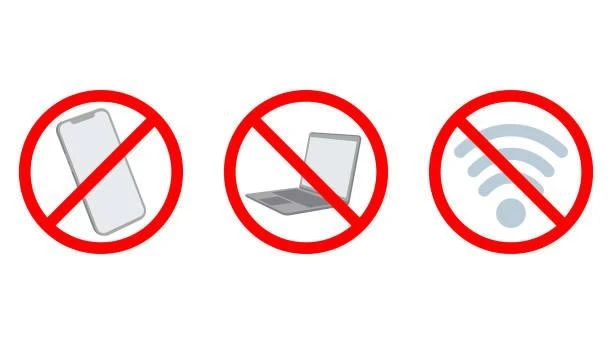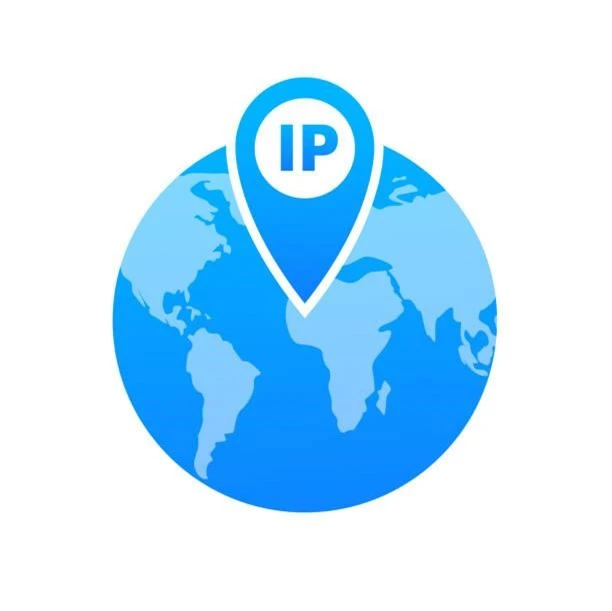Why You Should Use Residential Proxies For Scrapping Web Data
'Discover the benefits of using residential proxies for web data scraping and how it can improve your data collection process.

When scraping for data, you never want the sites to know the true sources of such activities; hence, you should disguise the IP address and device location. This is where the residential proxies come in to help you stay anonymous. They can hide the source of data scraping requests through strategies like an intermediary server.
Secondly, you can use the rotating IP addresses to hide the device location further and bypass website access restrictions to collect all the necessary data. While other IP proxies can still help with the data scraping, the residential proxies are more suited for the tasks due to these capabilities.
Therefore, if you are an SEO manager, data analyst, and market researcher, residential proxies are a must-have tool for your career.
Here are other reasons why they are amongst the most essential tools you need for your venture.

1. Rotating the Proxy IP Addresses
Another way to disguise your internet activities is to keep rotating your IP addresses.
Residential proxies are perfect for rotation, especially when using an IP pool. Instead of using only one IP dress for data collection, you can utilize multiple residential IPs from the pool to do the same job. When one proxy has exhausted all the acceptable requests, you can change to another and continue data collection.
You can also submit requests from multiple proxies to access the website from the pool. These proxies will have different locations; hence, they can hardly be detected to be originating from one source. Through multiple IP addresses from different regions, you can collect more data without any restrictions as long as you disguise the actual source of the request.
The benefit of proxy rotation and pool is that you get different proxies with different geographical permissions. This will help you bypass some website restrictions to prevent data sharing with requests originating from certain countries.
With proxy rotation capabilities, you can visit now different websites without restrictions like geographical limitations. However, you must know different proxy rotation strategies and access different residential proxy pools and rotation resources to maximize your data scraping goals.
With these resources, you do not have to worry about blocked IP addresses and other restrictions to your data scraping activities.

2. Using Intermediary Proxies for Data Scraping
To rotate and disguise your request and intention, residential proxies can submit the request through another proxy called the intermediary proxy. The intermediary is not the ultimate location but a disguising server to throw off any traces for identifying the actual destination. The data is transferred from the intermediary to the actual server that is collecting the data.
In case the website traces the source of the access request, the intermediary server will be visible as the source. Here is a perfect example: if you are an American company with global operations, you are limited by data laws to collect consumer and website data from Europe; however, European companies may be allowed. The intermediary server can be in Europe while the actual server is in America to get the data you need for the European market.
3. Surpassing Rate Limits
Normally, websites have a limitation on how long certain IP addresses can access the website for various activities. Therefore, if you are using one proxy alone, the data collection will be limited and time-consuming in the long run. To prevent such, you need residential pool proxies.
Different proxies From the pool can access the website, all collecting data simultaneously, boosting the amount of data collected within the allowed timeline. By using more IP proxies, you can access accurate and relevant data occasionally without any suspicion or detection.

4. Data Collection from All Websites
Most companies tend to block foreign IP addresses and proxies from collecting or accessing their websites. However, residential IP addresses can access multiple websites as long as they are within the geographical limits. For a data scraper, this should be an opportunity to collect more data for various goals like comparative, industry, and economic analysis.
For example, a residential proxy can be used to access different sites like e-commerce, social media, and travel sites. Accessing multiple websites enables you to extract rich data, making it ideal for various goals like industry research.
On other sites, residential IP addresses can be allowed to collect data from any site without much restriction. This mainly applies to companies with global operations; hence, any residential IP address could be from a potential customer. Therefore, residential proxies from different regions can easily access the site.

5. Picking The Bright Residential Proxy for Data Collection
Before collecting data, you should decide the proxies you will use. First, define the data sources, i.e., which website you will target for data extraction. This will help you understand proxy limitations and other proxy-blocking measures the website uses.
Based on your findings, you can select general or region-specific proxies. If you are collecting data from a website that limits access to only proxies in certain regions, you will have to sue a proxy pool to get multiple proxies permitted to access the site.
However, suppose it is a global company or websites like social media, travel, and e-commerce. In that case, you can use a variety of proxies since they do not have many proxy-blocking security measures installed.
Bottomline
If you want to collect relevant, complete, and more data, residential proxies can be the greatest tool to consider.
They are perfect for data collection without worries about denied access or being traced. For more effective data scraping, consider using a pool of residential proxy IPs to increase the data volume and quality collected within a given time.



